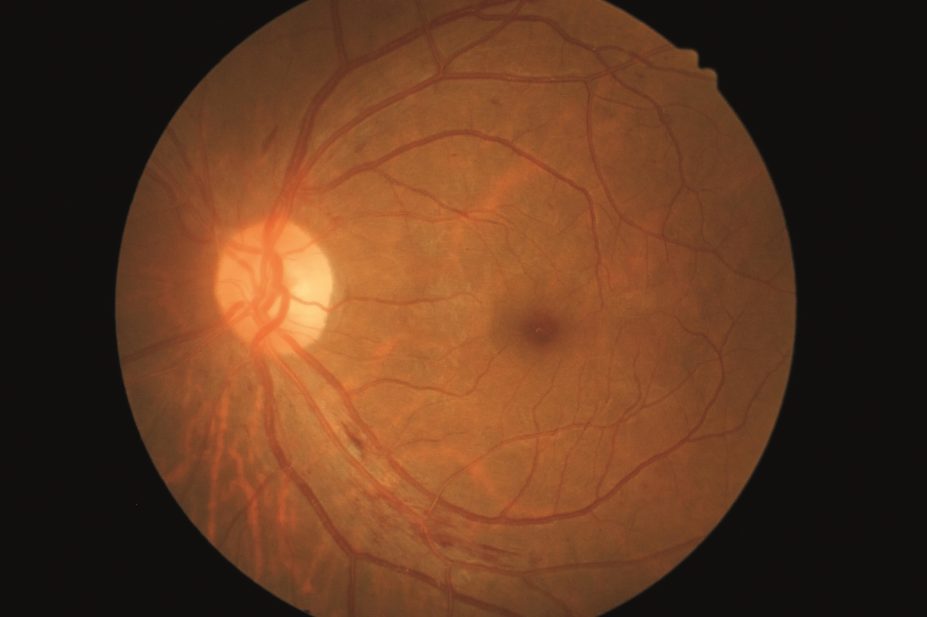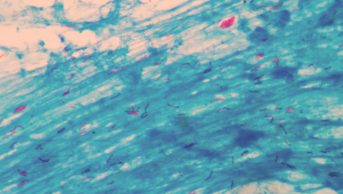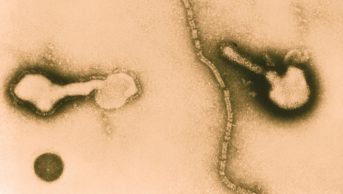
Shutterstock.com
Nucleoside reverse transcriptase inhibitors (NRTIs) block retroviral replication in people infected with HIV. New research reveals that these drugs have another, unrelated effect: suppressing a large protein complex known as NLRP3 (NOD-like receptor family, pyrin domain containing 3) involved in innate immunity, and implicated in a range of diseases.
A team of researchers at University of Kentucky in Lexington evaluated multiple NRTIs in mouse models of NLRP3-inflammasome-driven diseases, including macular degeneration, geographic atrophy, choroidal neovascularisation, graft-versus-host disease and sterile liver inflammation.
They found that NRTIs inhibit P2X7-mediated NLRP3 inflammasone activation independent of reverse transcriptase inhibition.
The findings suggest that NRTIs are ripe for drug repurposing, suggest the authors in Science
[1]
, adding that NRTIs have many advantages, including being inexpensive and safe. The team will now evaluate whether NRTIs can halt the progression of acute macular degeneration in patients.


